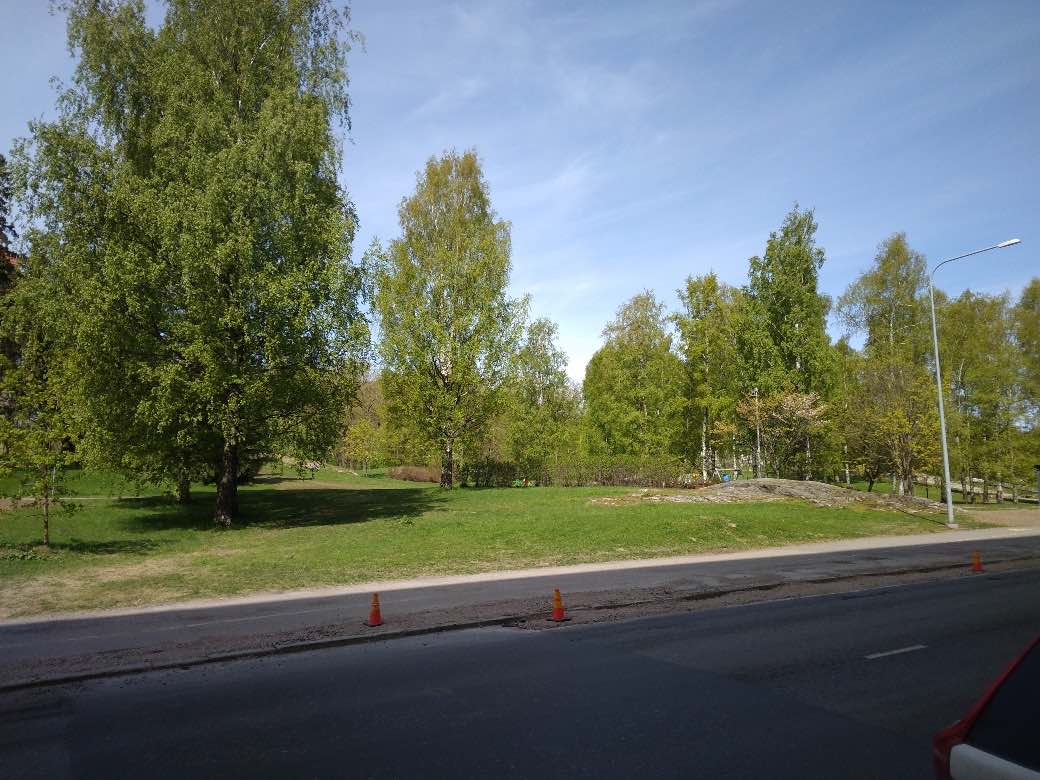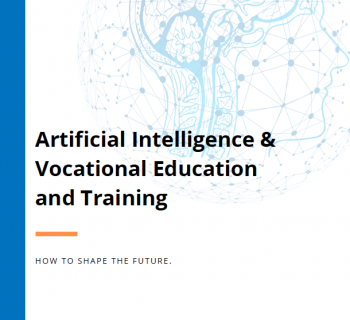
As part of European Vocational Skills Week on 17 May Pontydysgu participated in a webinar on "CAREER PATHWAYS AND GREEN ECONOMY
The initiative is part of the Erasmus+ project Career Pathways promoted by TecMinho from Portugal and with a partnership of organisations from Portugal, Spain and Greece.
The webinar aimed to start a debate on how the green economy and in particular "green skills" can favour career pathways that are more oriented to current and future job demands, focusing on improving qualifications as a way to access "better" jobs.
The objective is to develop career pathways to future jobs and green jobs, working together with Education and Training organisations, employers and career and employment professionals.
The project has been designed to pair technical researchers and developers in Spain, Portugal and Greece, together with education and training organisations in each of the countries.
As part of the webinar George Bekiaridis and I gave a short presentation of Greene skills for Green Jobs, outlining our technical approach to the project.

Although there has been growing interest in most countries in promoting green skill and green jobs, collaboration and development has been held back by a lack of agreed definitions. What is a green job in one country may not be in another. And a major challenge for our project was to decide what jobs in which sectors and what skills? We needed to agree this before we could start identifying courses which could lead to opportunities for employment in green jobs. And equally education and training providers need to know what skills are needed for green jobs and what green jobs are in demand in their region.

Fortunately our job has been made much easier by development at ESCO. ESCO is the multilingual classification of European Skills, Competences, and Occupations. And ESCO have been running a project on Green Skills and Knowledge Classification, who released their first results in January, 2022. 571 skills and knowledge concepts have been identified as green and further work has identified which of these skills and knowledge concepts are essential for an occupation and which may be options.

The methodology for developing this taxonomy is interesting. Initial work was undertaken by experts in the occupational areas. The data resulting from this expert work was then used to training a Machine Learning based AI. The AI then assessed all of the ESCO database of over 6000 occupations and identified which required green skills. The results of machine learning investigation were finally validated by assessors.

It is interesting to see a broad classification of the skills and knowledge concepts. While perhaps predictable that 27 per cent would be information skills, it is notable that 14 per cent are in assisting and caring.

Even more intriguing is the sectors in which Green Skills and Knowledge Concepts are employed. 42 per cent are in engineering, manufacturing and construction jobs. But a surprising 19 per cent are in health and welfare and 17 per cent are in arts and humanities.

ESCO have also been looking at career pathways and at what occupations require only low levels of skills and experience and which require advanced skills and experience. They have adopted the ISCO skills level classification developed by the International Labor Organisation and distinguishing between technical occupations, higher technical occupations and professional occupations.

This slide shows what different levels of qualifications and education and training might be required for the different skills and knowledge concepts. This also shows the need for education and training pathways providing different routes to advancement between the different levels.

The ESCO Green Skills and Knowledge Concepts will lie at the heart of the tools we are developing for the Learning Pathways project. For each green occupation we will be able to present a description of that occupation and the skills related to that occupation. ESCO data is readily available through an API in every European language.
The next thing we want to present as part of a dashboard for different regions in Greece, Portugal and Spain is the real demand for these occupations. There is little point in colleges offering courses if their is no employment demand at the end of the training. But equally there may be demand for skills and knowledge which education and training organisations are not yet providing. This data comes from the Cedefop OVATE European observatory, which is providing near real time data based on job advertisements. Unfortunately there is as yet no API to this data. We have however been granted access to the unpublished "data lake" underpinning OVATE and are looking at how we might extract relevant data at a regional level.
The final part of the Learning Pathways toolbox is to identify courses at a regional level which can provide education and training for the Green Skills and Knowledge constructs. That might seem easy but it is not. There are presently no standards for how courses are classified and described, despite some initiatives at European level. Initially we are developing our own descriptor and will work with three education and training organisations in each of the three project partner countries to bring that data together as a testbed for our tools.
We believe this is a challenging but potentially exciting project. If you would like to know more email me, Graham Attwell, or go to the Career Pathways website.








